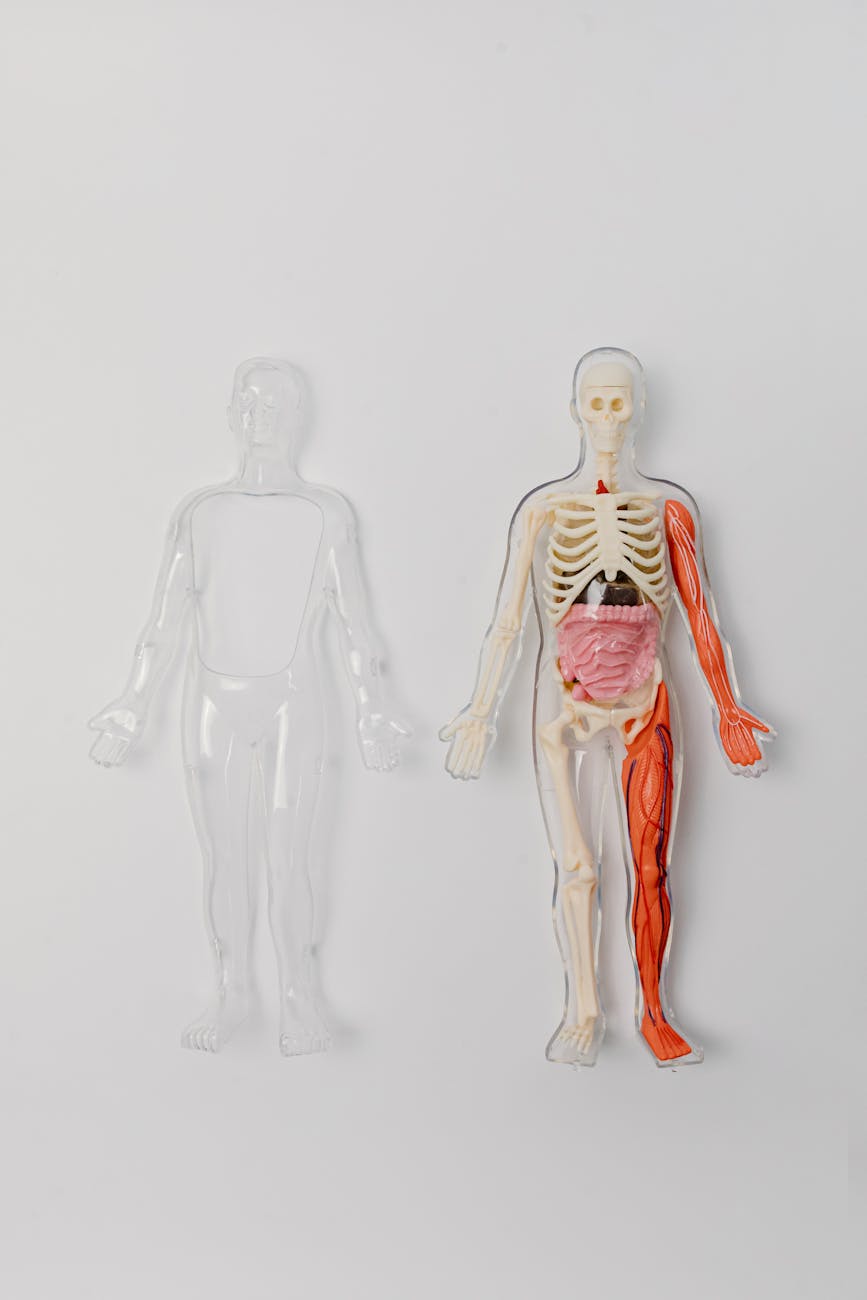Hormones are powerful chemical messengers that travel through our bloodstream, playing an essential role in regulating a wide array of bodily functions. From mood and metabolism to growth and reproduction, hormones help maintain balance within our bodies. But where exactly do these important molecules come from? Let’s take a tour through the body’s endocrine system to explore where hormones are produced and how they work.
The Main Sites of Hormone Production in the Body
1. Hypothalamus: The Brain’s Command Center
- Location: Nestled in the brain, just above the brainstem.
- Key Hormones: Releasing and inhibiting hormones such as thyrotropin-releasing hormone (TRH) and growth hormone-releasing hormone (GHRH).
- Role: The hypothalamus acts as the control center for the endocrine system, regulating functions like temperature, hunger, and thirst, and directing the pituitary gland’s activities.
2. Pituitary Gland: The Master Gland
- Location: Positioned at the base of the brain, directly beneath the hypothalamus.
- Key Hormones: Growth hormone (GH), adrenocorticotropic hormone (ACTH), luteinizing hormone (LH), follicle-stimulating hormone (FSH), prolactin, and more.
- Role: Known as the “master gland,” the pituitary gland governs other endocrine glands and influences processes like growth, metabolism, and reproductive functions.
3. Thyroid Gland: The Metabolism Regulator
- Location: In the front of the neck, just below the Adam’s apple.
- Key Hormones: Thyroxine (T4) and triiodothyronine (T3).
- Role: The thyroid gland oversees metabolism, energy production, and growth and development throughout the body.
4. Parathyroid Glands: The Calcium Managers
- Location: Attached to the back of the thyroid gland.
- Key Hormones: Parathyroid hormone (PTH).
- Role: These glands help regulate calcium levels in the blood, which is crucial for bone health and overall bodily function.
5. Adrenal Glands: The Stress Responders
- Location: On top of each kidney.
- Key Hormones: Cortisol, aldosterone, adrenaline (epinephrine), norepinephrine, and androgens.
- Role: The adrenal glands produce hormones that help manage stress, regulate metabolism, control blood pressure, and respond to emergencies.
6. Pancreas: The Blood Sugar Regulator
- Location: Positioned behind the stomach.
- Key Hormones: Insulin, glucagon, and somatostatin.
- Role: The pancreas plays a vital role in controlling blood sugar levels and supporting digestion.
7. Ovaries (in females): The Reproductive Powerhouses
- Location: Situated in the pelvis on either side of the uterus.
- Key Hormones: Estrogen, progesterone, and inhibin.
- Role: Ovaries regulate the menstrual cycle, reproductive health, and the development of secondary sexual characteristics.
8. Testes (in males): The Source of Masculinity
- Location: Located in the scrotum.
- Key Hormones: Testosterone and inhibin.
- Role: Testes are responsible for producing sperm and regulating male reproductive health and secondary sexual characteristics.
9. Pineal Gland: The Sleep Cycle Regulator
- Location: Deep within the brain.
- Key Hormones: Melatonin.
- Role: This small gland helps regulate sleep-wake cycles and circadian rhythms.
10. Thymus: The Immune System Coach
- Location: Upper chest, behind the sternum.
- Key Hormones: Thymosins.
- Role: The thymus is vital for the development of the immune system, especially during childhood.
Other Sources of Hormone Production
While the primary glands mentioned above are key players, some other organs also contribute to hormone production:
- Kidneys: Produce erythropoietin (EPO), which stimulates red blood cell production, and renin, which helps regulate blood pressure.
- Heart: Secretes atrial natriuretic peptide (ANP) to help manage blood pressure.
- Fat Tissue (Adipose): Produces leptin, a hormone that regulates appetite and energy balance.
Hormones are indispensable to the body’s intricate system of regulation and communication. Each gland and organ in the endocrine system plays a unique and critical role in producing hormones that maintain homeostasis and ensure our health and well-being. Understanding where hormones come from and how they work gives us deeper insight into how our bodies function and how to maintain hormonal balance for optimal health.
